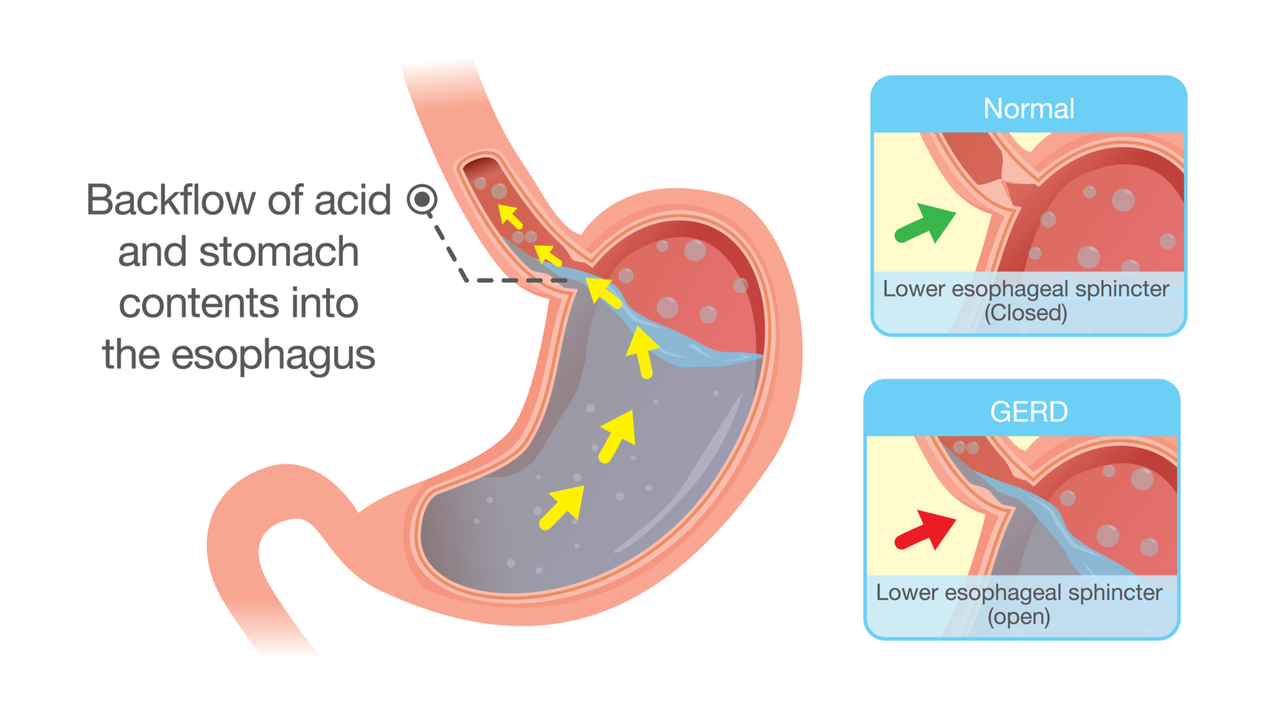Understanding Gastroesophageal Reflux Disease (GERD)
If you've ever felt a burning sensation rising from your stomach to your chest after eating, you might be experiencing gastroesophageal reflux disease, or GERD. It's a common condition where stomach acid flows back into the esophagus, causing discomfort and sometimes serious issues if left unmanaged. But GERD isn’t just about heartburn — it can affect your daily life more than you expect.
So what causes this acid backflow? GERD happens when the lower esophageal sphincter, a ring-like muscle between your esophagus and stomach, doesn't close properly. When it relaxes at the wrong time, acid escapes into the esophagus, irritating its lining. You might notice symptoms like a sour taste in your mouth, regurgitation of food or liquid, and even trouble swallowing.
Everyday Ways to Manage GERD
The great news is, you can do a lot to keep GERD in check without jumping straight to medication. First, watch your diet — fatty, spicy, or acidic foods often make symptoms worse, so tweaking your meals can provide relief. Also, try to eat smaller portions and avoid lying down right after you eat; gravity helps keep stomach acid where it belongs.
Another tip is to maintain a healthy weight. Extra belly fat puts additional pressure on your stomach, pushing acid upward. If you smoke, quitting can dramatically improve your symptoms as smoking weakens that crucial sphincter muscle. Wearing loose clothing around your waist can also help reduce pressure.
When to Seek Medical Help
While lifestyle changes can do the trick for many, sometimes your doctor might recommend medications like antacids or proton pump inhibitors to reduce acid production. It's important to get a professional evaluation if you have frequent heartburn (more than twice a week), chest pain, or difficulty swallowing. These could indicate a more serious condition and need a tailored treatment plan.
Ignoring GERD isn't a good idea because chronic acid exposure can lead to complications like esophagitis or even increase cancer risk. Keeping track of your symptoms and discussing them openly with your healthcare provider is key to living comfortably with GERD.
At RxSpark Pharmaceuticals Resource Centre, we're here to help you understand GERD and guide you in making smarter choices for your health. Explore our resources for the latest info on medications and lifestyle advice to tackle reflux head-on.
